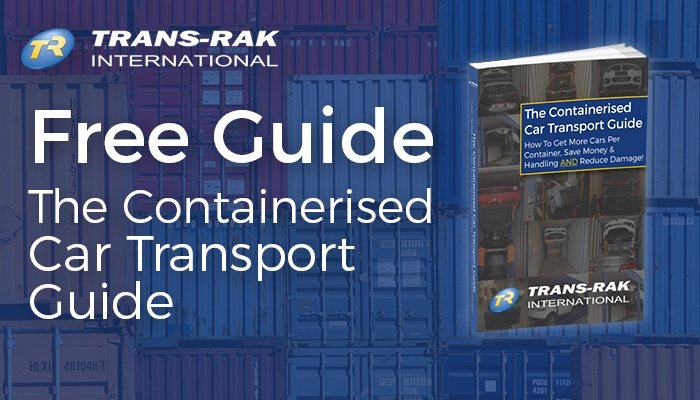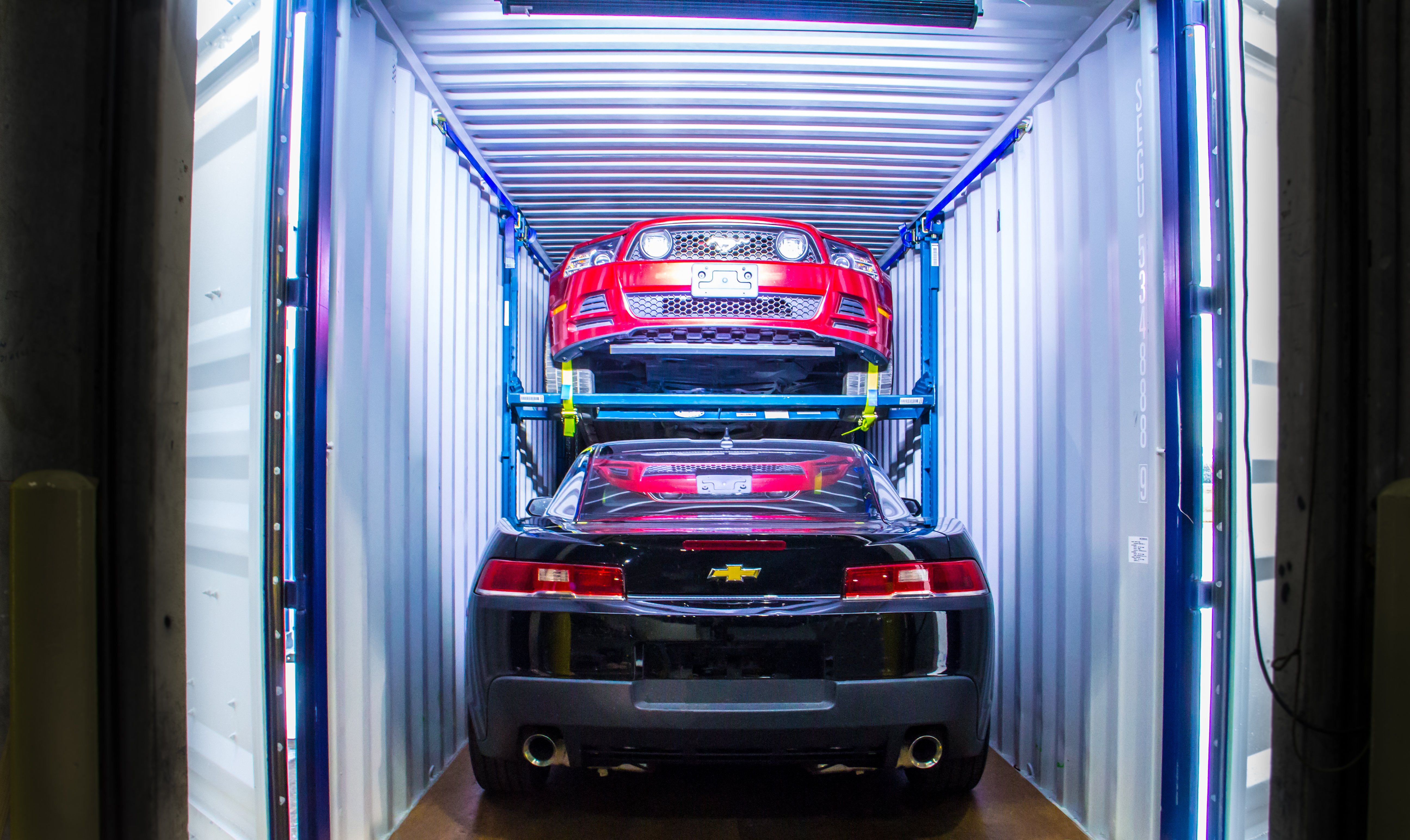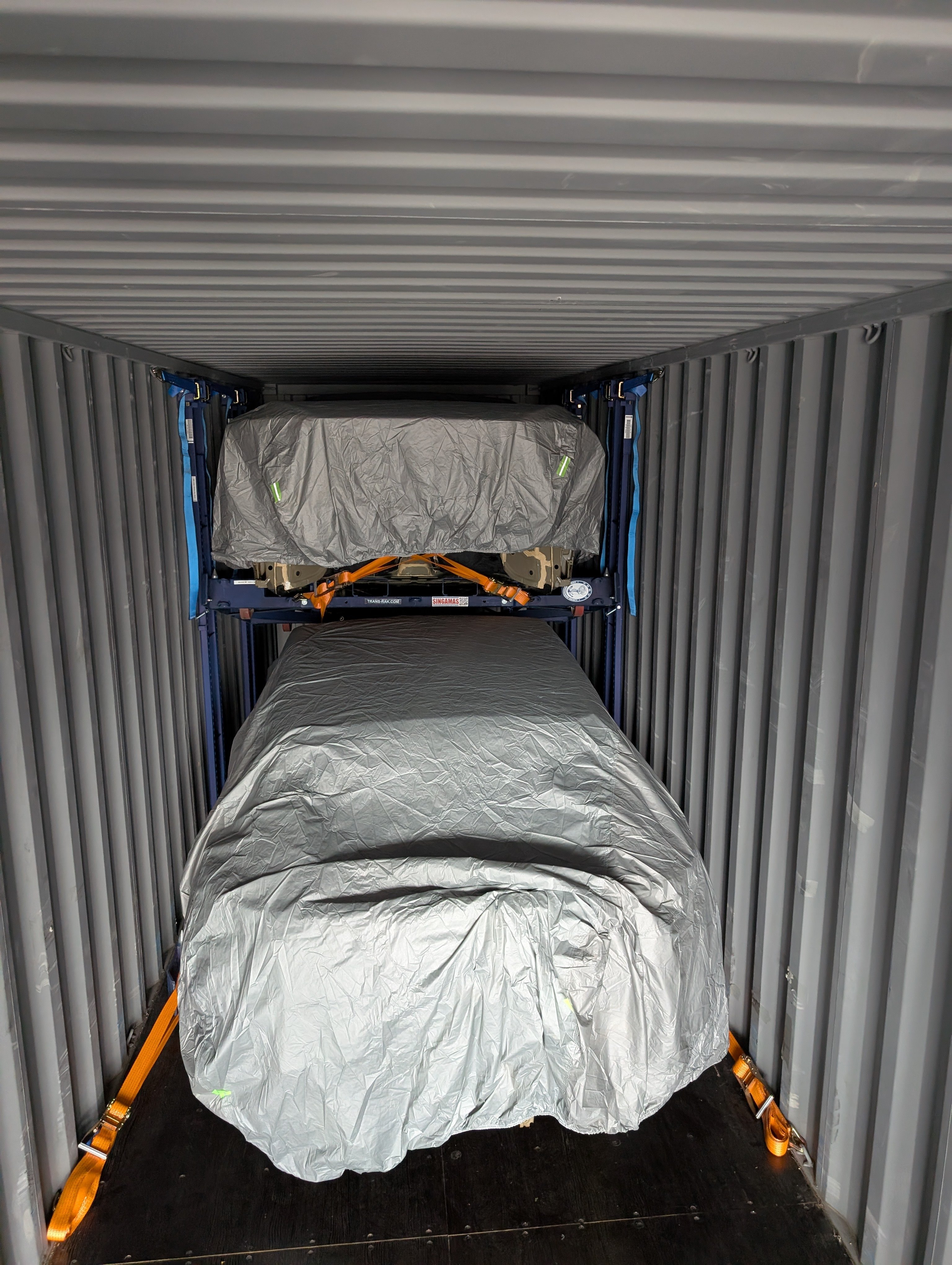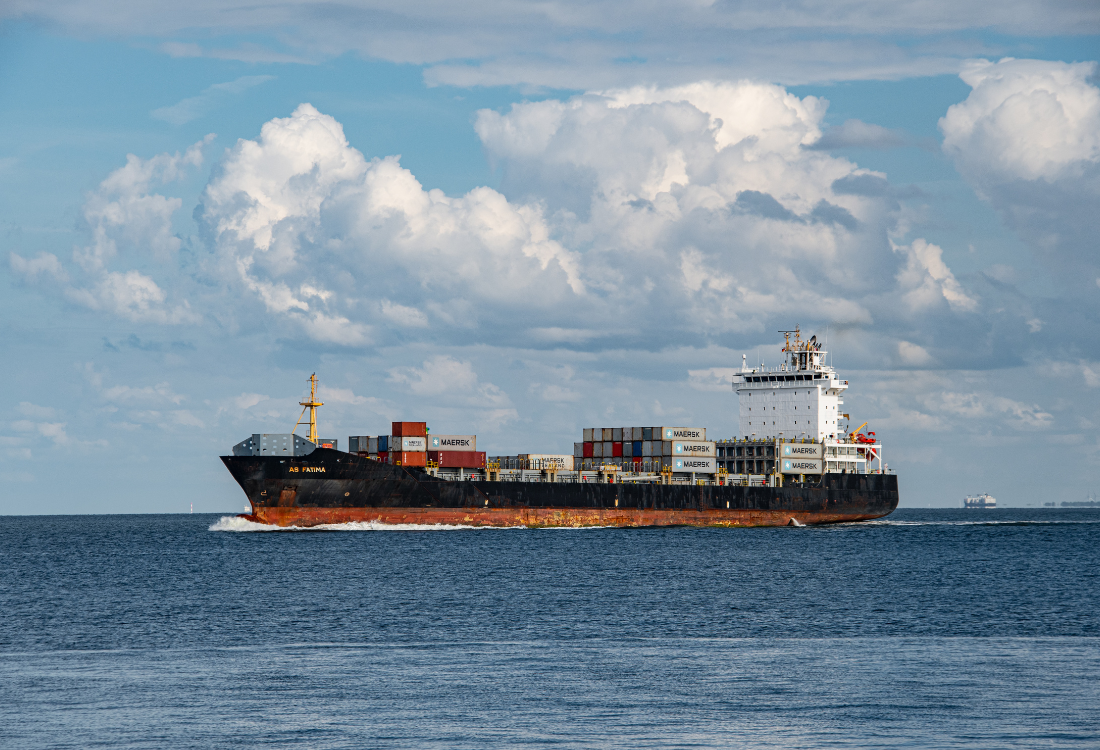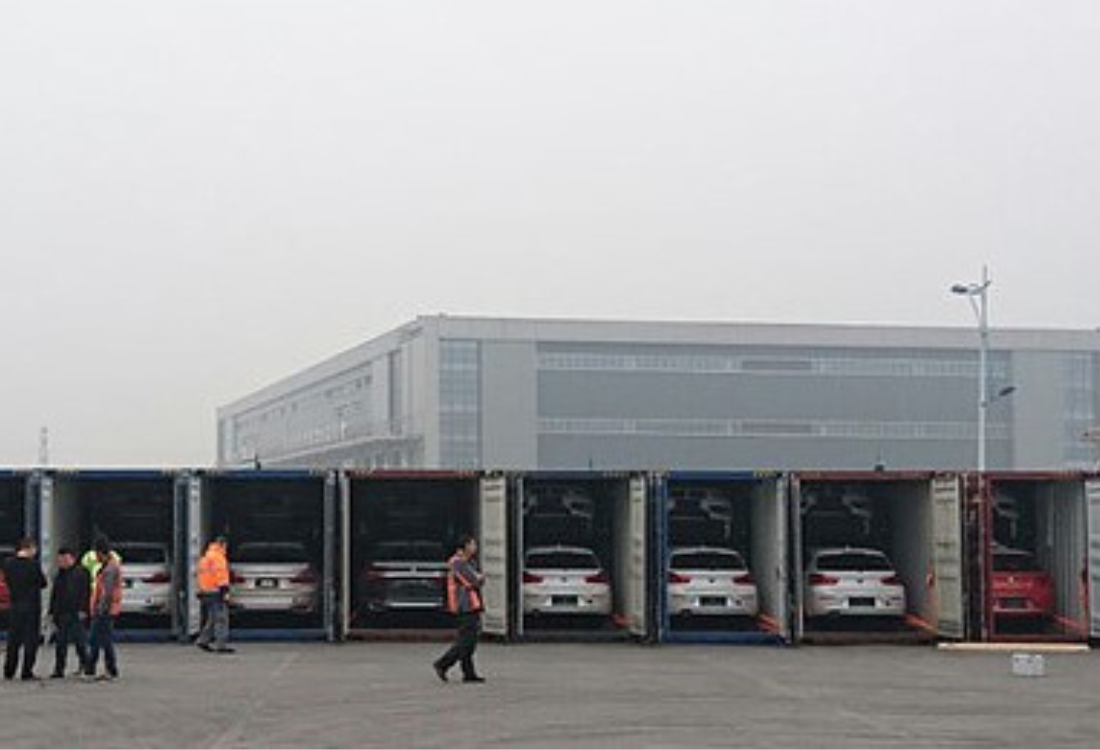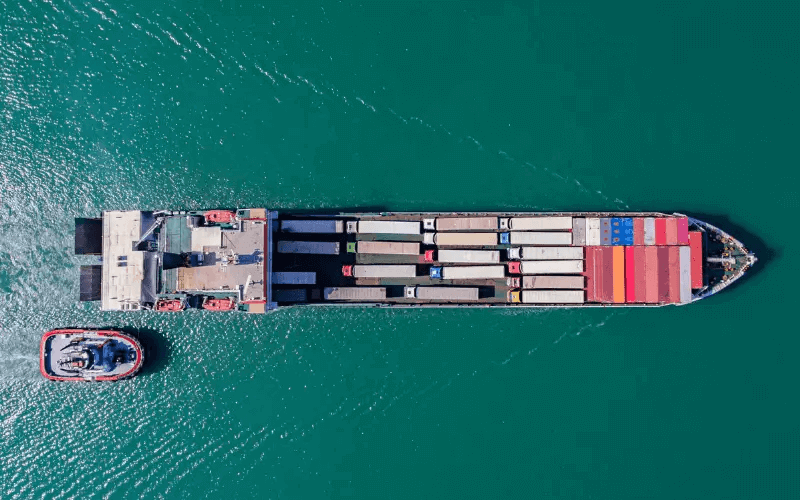
In January 2023 we published an article about the fire that took place on the RoRo vessel Midnight Sun while moored in port at Tacoma Washington, USA, in September 2022. With all credit due to the port authorities and the crew of the Midnight Sun, the blaze was put out quickly without injury or loss of life, and no cargo was being stored at the time.What the fire did, however, was highlight how easy it is for a fire to ignite and spread on a RoRo vessel, and the catastrophic damage that such an incident could cause on a fully loaded ship, while out at sea.
In fact, this is exactly what did happen in July this year (2023), when a Jeep Wrangler caught fire aboard the RoRo ferry Grande Costa D’Avorio while fully loaded in port in New Jersey, USA, awaiting departure to West Africa. At the time, the vessel was loaded with over 1,200 cars and 157 shipping containers. The fire took over a week to fully contain, and two firefighters lost their lives in the process.
Nor is this the first time that the ship’s operator, Grimaldi, has experienced a fire aboard one of their vessels. Their safety record also includes an on-board blaze on their vessel Bonaria, off the coast of Italy in 2020, the day after a car caught fire on the vessel Polaris Highway, owned by K line, in port in Zeebrugge, Belgium. Fortunately, no injuries were reported in these incidents.
Also in July 2023, however, the vessel Fremantle Highway caught fire off the coast of the Netherlands with a full complement of over one thousand vehicles ‘all in good condition’, including 500 electric vehicles. This was a far more serious affair. The fire quickly spread to consume eight out of 12 vehicle cargo decks, killing one crew member, and injuring several others.
Back in March 2022, an even worse incident occurred on board the Ro-Ro vessel Felicity Ace, at sea in the Atlantic Ocean between Germany and Rhode Island, USA. The ship caught fire with over 4,000 vehicles on board, causing severe structural damage that eventually caused the ship to sink to a depth of 10,000 feet with complete loss of cargo. This must have been a horrifying situation for everyone on board ship. Thankfully, all of the ship’s crew were rescued, but estimated financial losses from the disaster were in the region of US$400-$500 million.
A Risk Too Far?
These cases demonstrate that, while the risk of a fire taking place onboard a RoRo vessel may be relatively low on a journey-by-journey basis, the severity of the risk should it take place is a very significant concern to haulage companies, ferry operators, and insurance companies alike – and it’s certainly something you should consider during your risk assessment for any automotive consignments sent by RoRo.
So, Why Do RoRo Ferries Pose A Fire Safety Risk?
-
Fuel in stowed vehicles – a fire on board a fully loaded RoRo ferry can quickly escalate if it reaches combustible fuel in stowed vehicle tanks.
-
Undeclared or mis-declared cargo – mis-declared cargo within vehicles also poses a notable fire hazard on board. This can include items that are more flammable or higher risk than those that are declared, increasing the potential for a fire to start.
-
Engine fires – some older RoRo vessels carry a heightened risk of an engine room fire, arising from fuel oil leaks, oil-soaked insulation or lagging, excessive volumes of oil in the engine room bilges, or issues with quick-closing valves on fuel and lubrication oil tanks.
-
Non-compliance with cargo stowage requirements – improper stowage of cargo on RoRo vessels can increase the risk of fire. A United States Coast Guard marine safety alert, issued in November 2020, highlighted numerous stowage violations on RoRo vessels, including ammunition found in the boot of one vehicle, corroded batteries with terminals still connected, and leaking fuel from car engines. The report makes disquieting reading for any business shipping high-value vehicles by RoRo ferry.
-
Vehicle cargo – the transportation of RoRo cargo itself entails a high fire risk for the vessel because cars include several elements such as the engine, fuel tanks, and electrical components that can easily ignite under the right conditions.
-
Negligence by ship’s crew – some fires may be caused by staff negligence on board, such as cleaning rags that fall onto a hot grill, or cigarettes dropped into the engine room. These are two of the speculated causes of the Felicity Ace fire.
-
Electric vehicles – The fire risk posed by electric vehicle (EVs) on board RoRo ferries is now a growing concern among logistics businesses, with the unique challenges presented by EV fires – particularly those involving lithium-ion batteries, being a particular cause for alarm. Lithium-ion batteries can reignite even after the fire is suppressed, making them particularly difficult to handle using traditional firefighting techniques.
Containerised Cargo Transport – A Safer Solution For Your Vehicles
Container ships are by no means immune from the hazard of fire at sea. However, in terms of car transport, containerised transport allows the implementation of various safeguards that reduce the risk of fire. For example:
- Vehicles can be loaded into their shipping containers at port side and lifted onto the ship by crane, avoiding the need for vehicles to contain fuel in transit.
- Lithium-ion batteries can be removed from EVs and transported separately, reducing the risk of fire.
Containerised cars are also stored in isolation from each other, so that if a fire does break out, it’s potentially easier to identify and contain the blaze before it creates a dangerous chain reaction with other vehicles.
Next Steps
If you are concerned about the fire risk level associated with RoRo transportation, it may be worth considering the costs and benefits of containerised car transport. For more information and to discuss how our unique vehicle racking systems can increase the safety and affordability of containerised transport, please get in contact with one of our Trans-Rak specialists today by giving us a call 01926 40 82 82.
Image Source: Canva



